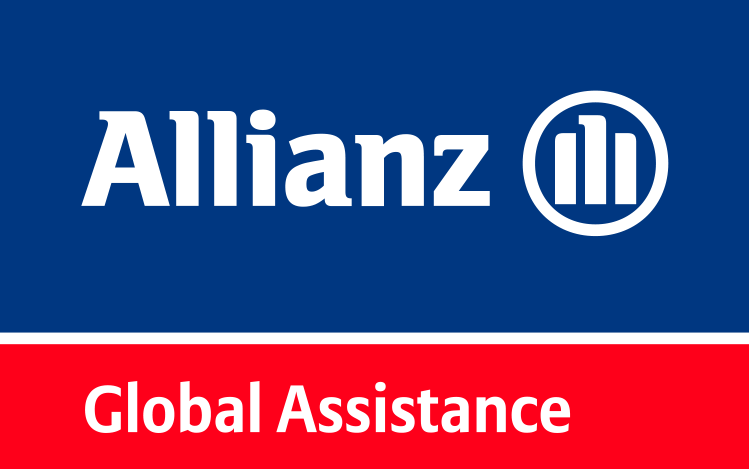Tips to stay safe while travelling in Canada

Natural disasters
- Hurricanes and Tornadoes - Hurricanes can plague coastal areas between July and November, while tornadoes can occur almost anywhere in the country and usually from May to September.
- Forest fires - These can happen year-round, particularly in the grasslands and forests in western Canada.
- Snowstorms and avalanches - Many travellers are ill-prepared for winter conditions in Canada. Driving on icy roads can be treacherous and, during the winter, highways in some provinces are frequently closed due to snowstorms and avalanches. If you are hiking or skiing in the mountains, pay close attention to avalanche warnings and avoid risky trails.
- Earthquakes and tsunamis - Canada experiences regular seismic activity. The west coast is the riskiest place for major earthquakes, as parts of British Columbia and the Yukon lie near fault lines. Offshore quakes in this region occasionally cause tsunamis.
- Thunderstorms - While Canada is more often associated with cold weather, Summer thunderstorms hit most parts of Canada. A few of these can be incredibly violent and cause damage to houses and transport infrastructure.

Bad weather can cause travel delays and cancellations. Look for travel insurance that provides cover for out of pocket expenses related to cancelled or delayed flights, accommodation and activities.
Medical care

Expenses can skyrocket if you are injured in a remote area of Canada as along with treatment you may also need to be transported to a bigger hospital for care.
Drugs and alcohol
However, there are a couple of points that travellers should be aware of:
- Drunk driving could get you deported and prevent you from re-entering Canada. This isn’t an exaggeration — it’s a criminal offence, and a conviction can automatically disqualify a visitor from holding a Canadian visa.
- On October 17 of 2018, the recreational use of cannabis became legal in Canada. With that came new laws and penalties around driving under the influence of cannabis (and other drugs). New screening and testing measures have been used by the police to detect impaired drivers. Please refer to the Government of Canada website for more information.
Petty theft

Items left in your car are not always covered by travel insurance. Please refer to the policy wording for full terms and conditions, including limitations and exclusions.
Health risks
Cold exposure can be a problem for travellers who aren’t used to subzero temperatures. And it’s not just skiers and hikers who succumb to hypothermia — there are many places in Canada where simply being outside and exposed for too long can chill people to the bone. Make sure to bundle up by dressing in layers and covering as much of your body as possible.
Two ailments that strike mainly outdoor adventurers are giardiasis and Lyme disease. Giardiasis is a gut infection that’s commonly acquired by drinking from freshwater sources, like rivers and lakes. Lyme disease, which is spread by tick bites, can be a risk in the warmer, southern parts of Canada during spring and summer.

Heading off for an adventure holiday? Not all adventure activities are automatically covered so make sure you check that you have adequate cover with your travel insurance provider.
Driving
NOTICE: While the Information is considered to be true and accurate at the date of publication, changes in circumstances after the time of publication may impact on the accuracy of the information. We strongly recommend verifying the travel advisory of your destination prior to departure.
DISCLAIMER: While every effort has been made to ensure the accuracy of all information as at the date of publishing, Allianz Global Assistance does not accept liability for any errors or omissions. Allianz Global Assistance strongly recommends seeking the guidance of a professional travel agent/agency for further information on a specific destination. On your next trip, whether to another province or country, ensure you have travel insurance as it may assist you in cases of unforeseen medical emergencies and other types of mishaps that can happen while you travel. Travel insurance does not cover everything, please always refer to the policy document for full terms and conditions, including limitations and exclusions. Travel insurance is underwritten by CUMIS General Insurance Company, a member of The Co-operators Group of Companies, administered by Allianz Global Assistance, which is a registered business name of AZGA Service Canada Inc.
Related articles
to speak with one of our agents.
